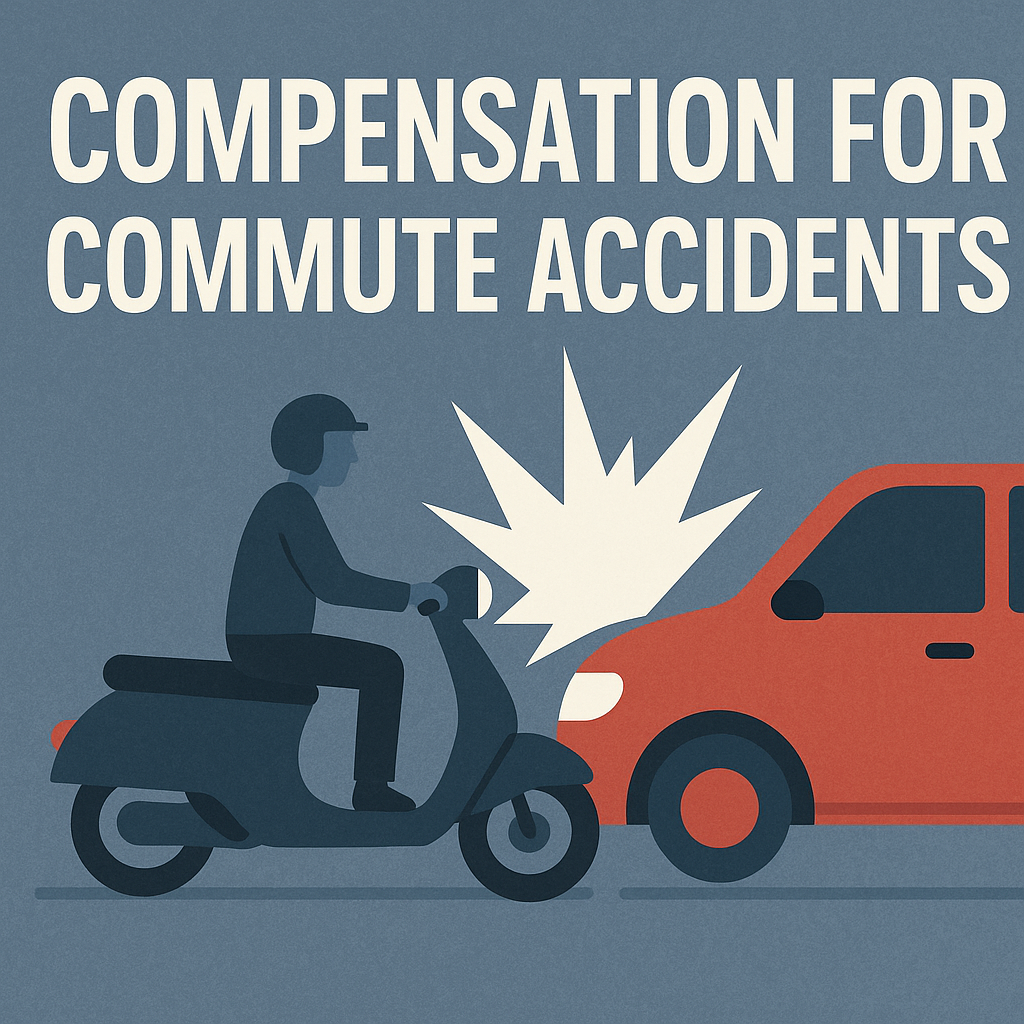
The Supreme Court has made a major ruling that will benefit millions of working professionals in India. It has declared that employees and their families will receive compensation under the Employees’ Compensation Act, 1923, not only for accidents during work but also for accidents that happen while travelling to and from the workplace.
The verdict was given in a case involving the death of a sugar factory watchman in Maharashtra. The court’s interpretation of the law now allows compensation for accidents during regular and timely commutes if there is a clear link between the accident and the employment.
The case dates back to April 22, 2003. On that day, Shahu Sugaonrao Jadhavar, a watchman in a Maharashtra sugar factory, was scheduled for duty from 3 a.m. to 11 a.m. While riding his motorcycle to work early in the morning, he met with a fatal accident just 5 km away from the factory. He left behind his wife, four children, and his mother.
Jadhavar’s family filed a claim under the Employees’ Compensation (EC) Act. The commissioner for workmen’s compensation in Osmanabad awarded them ₹3,26,140 along with 12% annual interest. The employer was also ordered to pay 50% of the legal costs. The insurance company for the employer was held liable to pay the compensation.
However, the Bombay High Court later overturned the commissioner’s award. It said the accident occurred outside the factory premises and therefore could not be considered as arising out of employment. This decision denied the family compensation.
The Supreme Court disagreed with the High Court. A bench of Justices Manoj Misra and KV Viswanathan stated that the phrase “accident arising out of and in the course of employment” under Section 3 of the EC Act should also include accidents that happen while commuting to or from the workplace. The bench explained that this is valid only if there is a clear connection between the time, place, and circumstances of the accident and the employment.
The judgment pointed out that many workers in India are not covered by the Employees’ State Insurance (ESI) scheme. This ruling therefore expands the social security protection for them. The court said that a commute can be considered part of employment if it is a routine and timely journey to or from the place of work.
The bench observed that the connection between the commute and the employment must be proven for compensation to apply. For example, if a worker meets with an accident during a regular commute to work, it can be treated as an employment-related accident under the EC Act. This interpretation widens the scope of workers’ rights and provides financial protection for their families in case of mishaps during travel.
The Supreme Court restored the commissioner’s award to Jadhavar’s family. This decision not only gave justice to the deceased worker’s family but also set a precedent for similar cases in the future. It reaffirmed that the workplace is not limited to the physical premises of employment but can also extend to the journey undertaken for work.
Legal experts have welcomed the verdict as a progressive step. They believe it will strengthen the social security framework and bring relief to families who lose their breadwinners in road accidents during commutes. Worker unions have also hailed the judgment, saying it acknowledges the reality that commuting is an unavoidable part of employment for most workers.
The court’s ruling now means that working professionals across India who are injured or killed during their daily commute may be eligible for compensation. This applies as long as they can show a clear link between the journey and their work duties. It will be especially helpful to those in rural areas or in jobs requiring early or late shifts, where travel to the workplace may involve greater risks.
With this decision, the Supreme Court has expanded the interpretation of the Employees’ Compensation Act to match the needs of modern employment. It ensures that working professionals are protected not only within the workplace but also while travelling to and from it, making their safety and welfare a central concern in employment law.





















